2021 Update:
Alabama’s SB 46 allows registered patients to use and safely access medical cannabis preparation.
Defining Industrial Hemp - all parts and varieties of the plant Cannabis sativa, cultivated or possessed by a licensed grower, whether growing or not, contain a delta-9 tetrahydrocannabinol concentration of not more than 0.3 percent on a dry weight basis. It will be considered an agricultural crop or an agricultural commodity, or both.
Original Post:
In addition to the federal hemp laws laid out in the 2018 Farm Bill, each state has its own state hemp laws. Before we dive in on Alabama Hemp Laws and the legality of CBD in Alabama, it is important to understand the different types of hemp and CBD products that these laws may be applied to.
There are many (somewhat confusing) terms for hemp oil:
- Isolate or THC-Free Hemp Oil has only CBD and all other plant compounds have been removed, THC is undetectable. Pure CBD Isolate can also be purchased in powder form.
- Full-Spectrum Hemp Oil has all plant compounds, including less than 0.3% THC.
- Broad-Spectrum Hemp Oil has undetectable THC, but contains other plant compounds.
- PCR (Phytocannabinoid-Rich) Hemp Oil with Zero-THC is a new marketing term for broad-spectrum hemp oil.
- CBG Hemp Oil is a hemp oil from a cannabigerol (CBG) rich hemp strain that has more CBG than is found in CBD Hemp Oil.
- Hemp Flower is the dried and harvested flower of the hemp plant. It can be used whole or extracted to make CBD isolate, Full-Spectrum CBD, or Broad-Spectrum CBD (PCR Hemp Oil).
FAQ: Hemp and CBD Legality in Alabama
When it comes to buying CBD products, hemp flower, and hemp cigarettes here are some frequently asked questions that come up:
Is Full Spectrum CBD Legal in Alabama?
That is a trick question because full-spectrum CBD is not the same as the so-called PCR Hemp Oil! This new marketing term is certainly introducing even more confusion around CBD products.
According to a 2018 statement by Alabama Attorney General Steve Marshall, CBD products cannot be legally sold in Alabama except for the prescription Epidiolex, or under exemptions for Carly's Law or Leni's Law. The sale of unprocessed hemp (hemp flower) is also explicitly prohibited under Alabama hemp laws.
However, CBD stores do exist in the state, and CBD products can be easily purchased despite Alabama hemp laws. Oddly, those laws specify that hemp crops can be grown for the purpose of making CBD, and the Department of Agriculture will license processors to extract CBD, but its non-prescription sale is technically not legal.
Indeed, a 2019 news report conveys that most Alabama residents believe the products are legal in the state despite no official statement to reverse the Attorney General's 2018 position.
Is It Legal to Ship PCR Hemp Oil to Alabama?
It is legal to ship ALL types of hemp products with less than 0.3% THC to all US States according to the 2018 Farm Bill.
Where to Buy Full Spectrum CBD Oil in Alabama?
Buying CBD in Alabama is risky because its official legality is unclear. The state seems to be allowing CBD stores, gas stations, and pharmacies to sell CBD and hemp product as long as they are under 0.3% THC. Shopping online for CBD and hemp is another option, though also not explicitly legal for Alabama residents.
Do you need a special license to purchase PCR Hemp Oil in Alabama?
You don’t need a special license to purchase CBD hemp oil (all types) in Alabama, it is available in stores. However, the legality of those products is contested and the most legally compliant way to get CBD in Alabama is go be prescribed Epidiolex.
How Does Alabama Legally Define Hemp?
INDUSTRIAL HEMP. All parts and varieties of the plant Cannabis sativa, cultivated or possessed by a licensed grower, whether growing or not, that contain a delta—9
tetrahydrocannabinol concentration of not more than 0.3 percent on a dry weight basis. Industrial hemp shall be considered an agricultural crop or an agricultural commodity,
or both, in all respects under state law. The term excludes marijuana as defined in subdivision (14) of Section 20—2-2 of the Code of Alabama 1975.Alabama Act 2016-293
Growing and Selling Hemp in Alabama
Alabama hemp growers and handlers must be registered and licensed with the state. They have a defined legal process to follow. Hemp and CBD products must comply with Alabama hemp laws:
- Products must contain no more than 0.3% THC
- Testing labs must be state-approved or ISO accredited
- Products must come from a registered farm
- Products must be tested by a licensed laboratory
- Approved seed varieties only
In addition to Alabama state CBD laws and the 2018 Farm Bill hemp laws, the US Food and Drug Administration (FDA) has additional requirements for CBD and hemp companies to meet. Alabama state hemp laws seem to allow for CBD products such as:
- Hemp topicals
- Hemp concentrates and extracts (oils and tinctures)
- Industrial hemp for building or fiber materials
- Industrial hempseed (food product)
- Industrial hempseed oil (food product)
The State of CBD in Alabama
Like many states, Alabama is trying to figure out how to regulate CBD products in a way that pleases the FDA, consumers, farmers, manufacturers, and retailers. And also like many states, CBD products are widely available despite their contested legal status.
There are some CBD products that are explicitly illegal federally like CBD gummies, and any product where CBD is added to food or drink. Any product with more than 0.3% delta-9-THC is also federally illegal.
The most unusual aspect of the CBD industry in the US is how such a massive and profitable industry can languish without clear regulation across 50 states with 50 different unique requirements. How long will this hemp market madness keep up? No one truly knows, but it will surely take some time for the federal government to get itself together amid its numerous other problems.
When it comes to CBD, it is very important to actually read the state laws and understand that a product that is not produced in your state might not be legal to buy, sell, use, or possess. A good example of this is Louisiana, Indiana, North Carolina, and Kentucky which prohibit any smokable CBD or hemp product including flower, concentrates, and vapes! Likewise, Alabama hemp laws quietly prohibit the sale of hemp flower to the public. There are also states like Idaho where hemp and CBD are both illegal and heavily penalized.
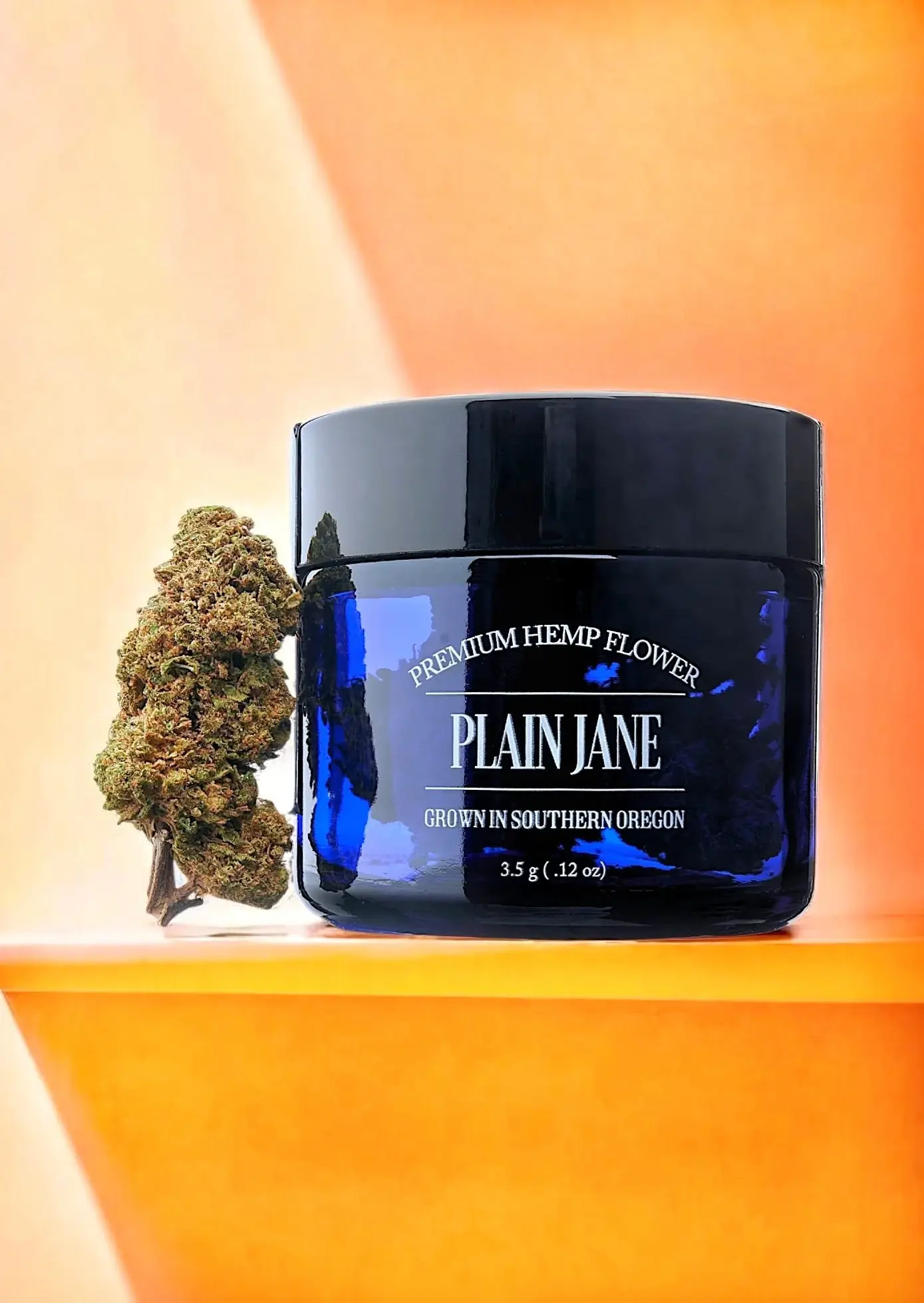
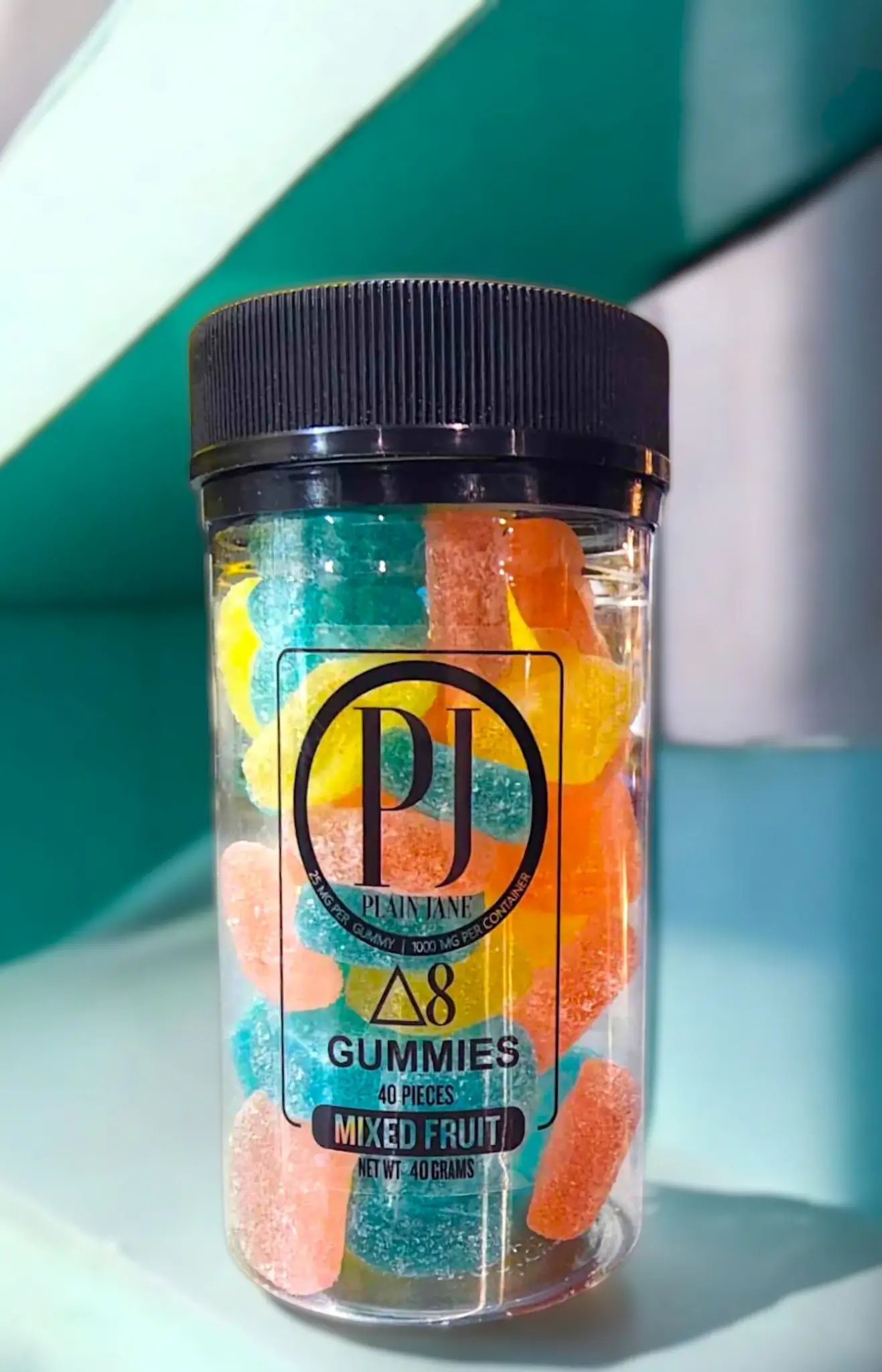
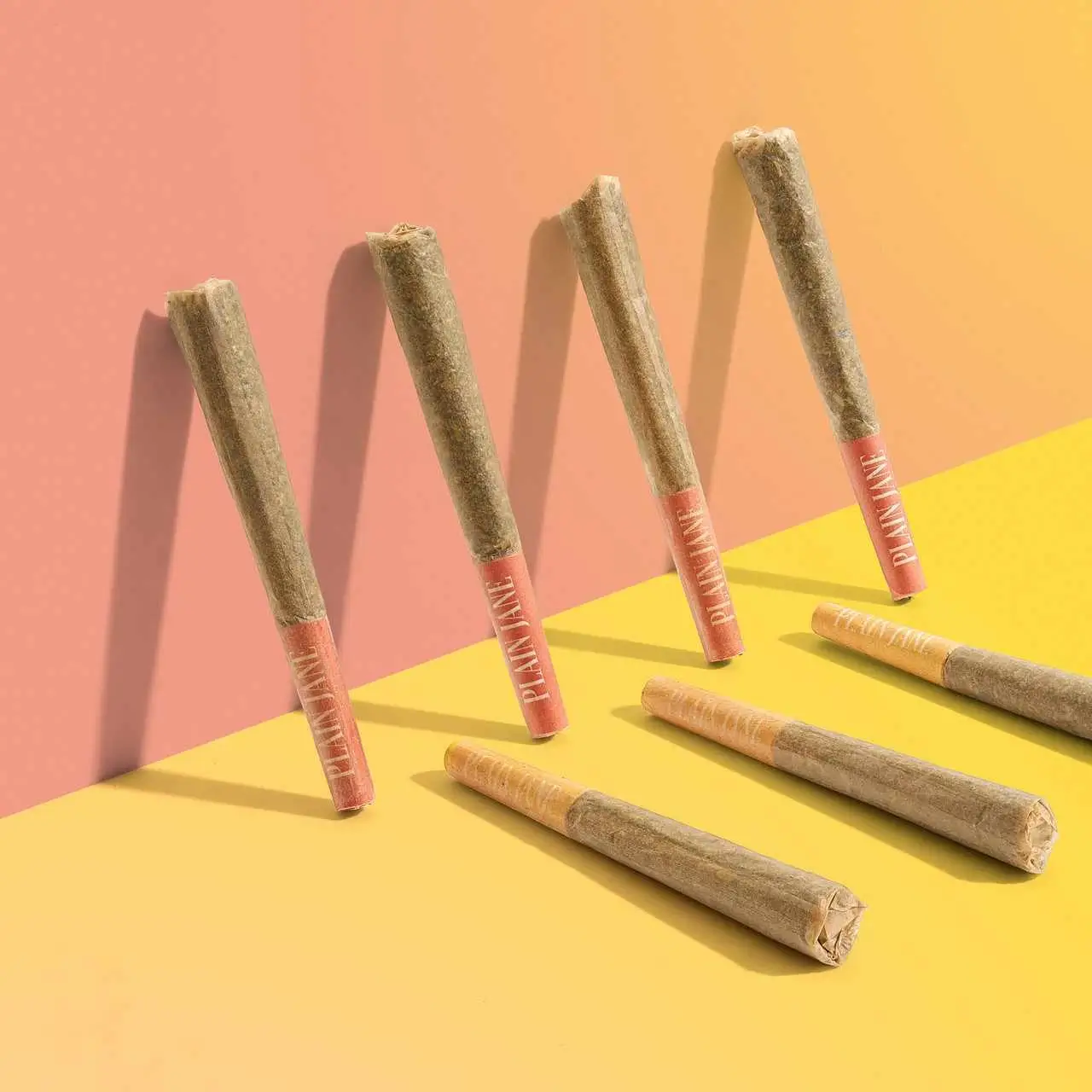
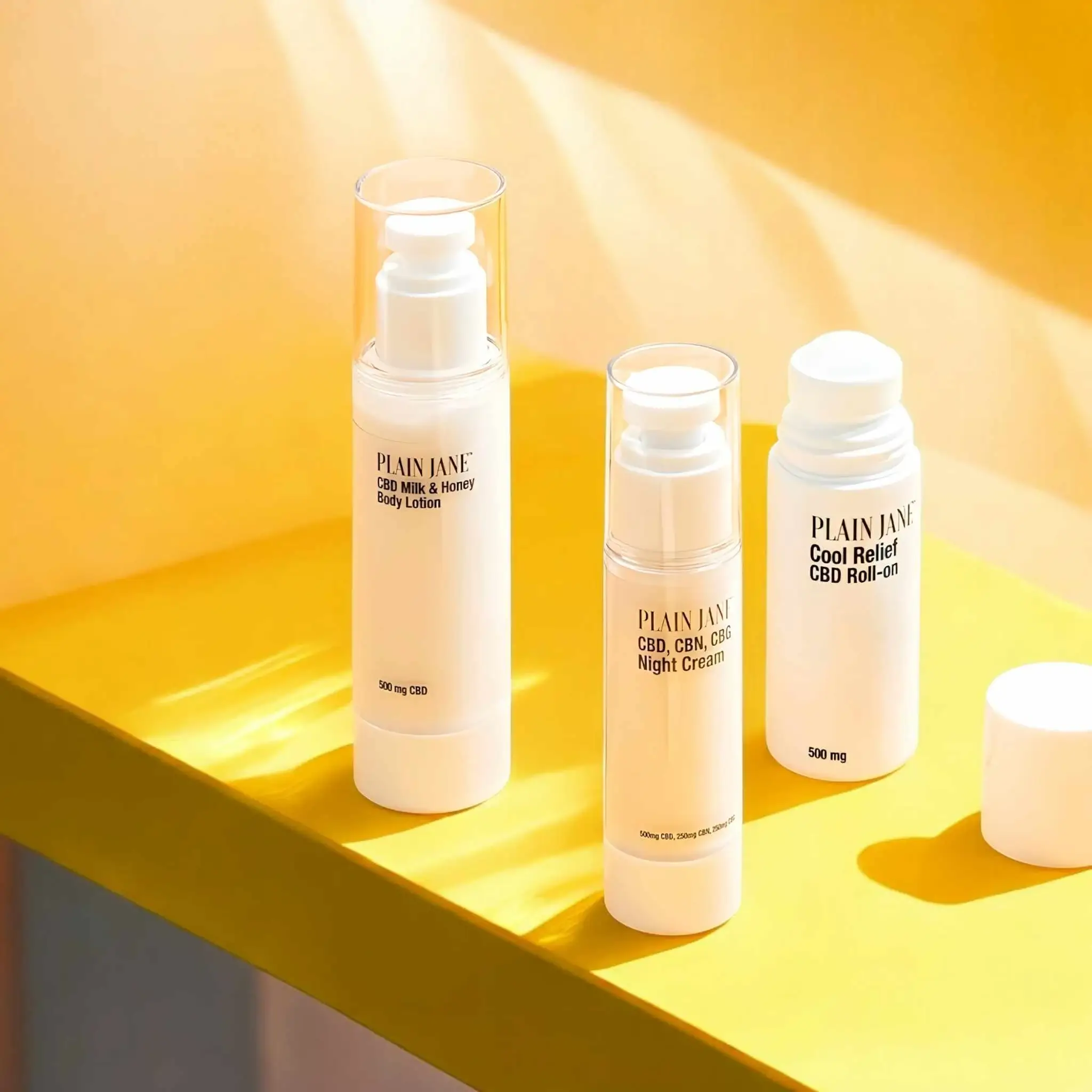
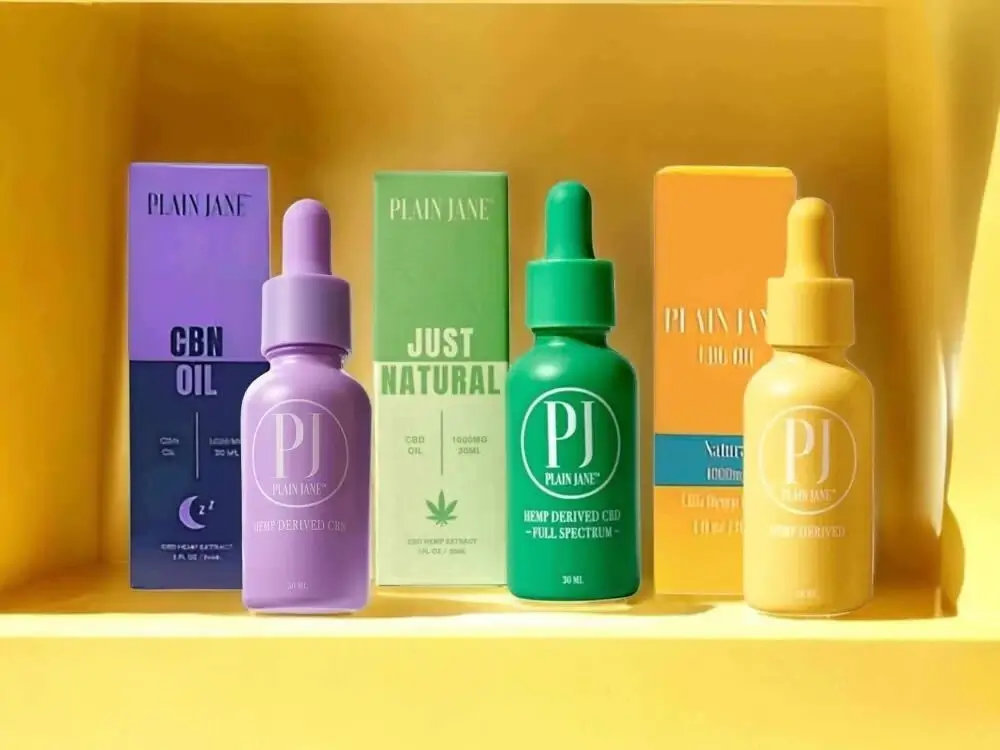
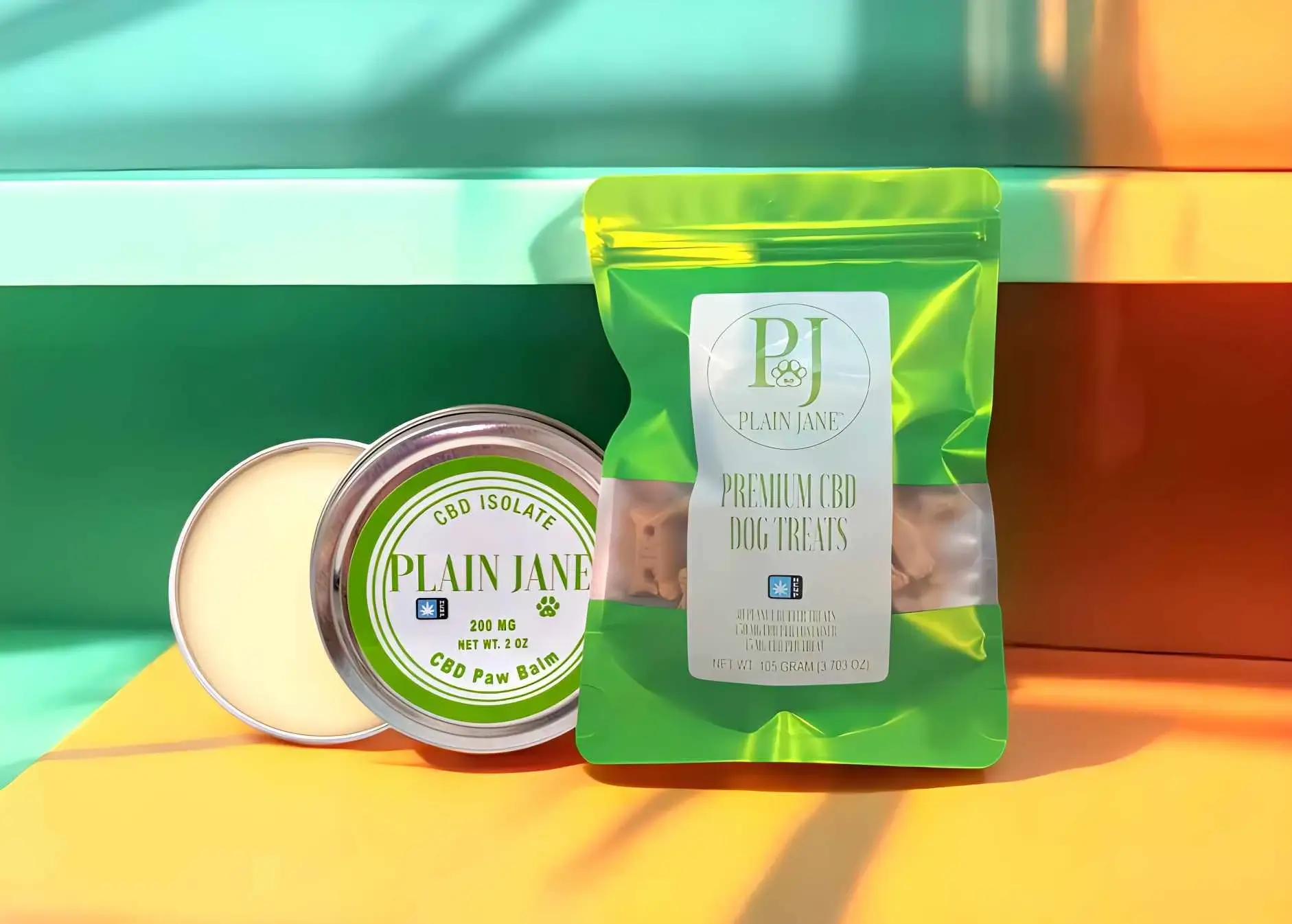
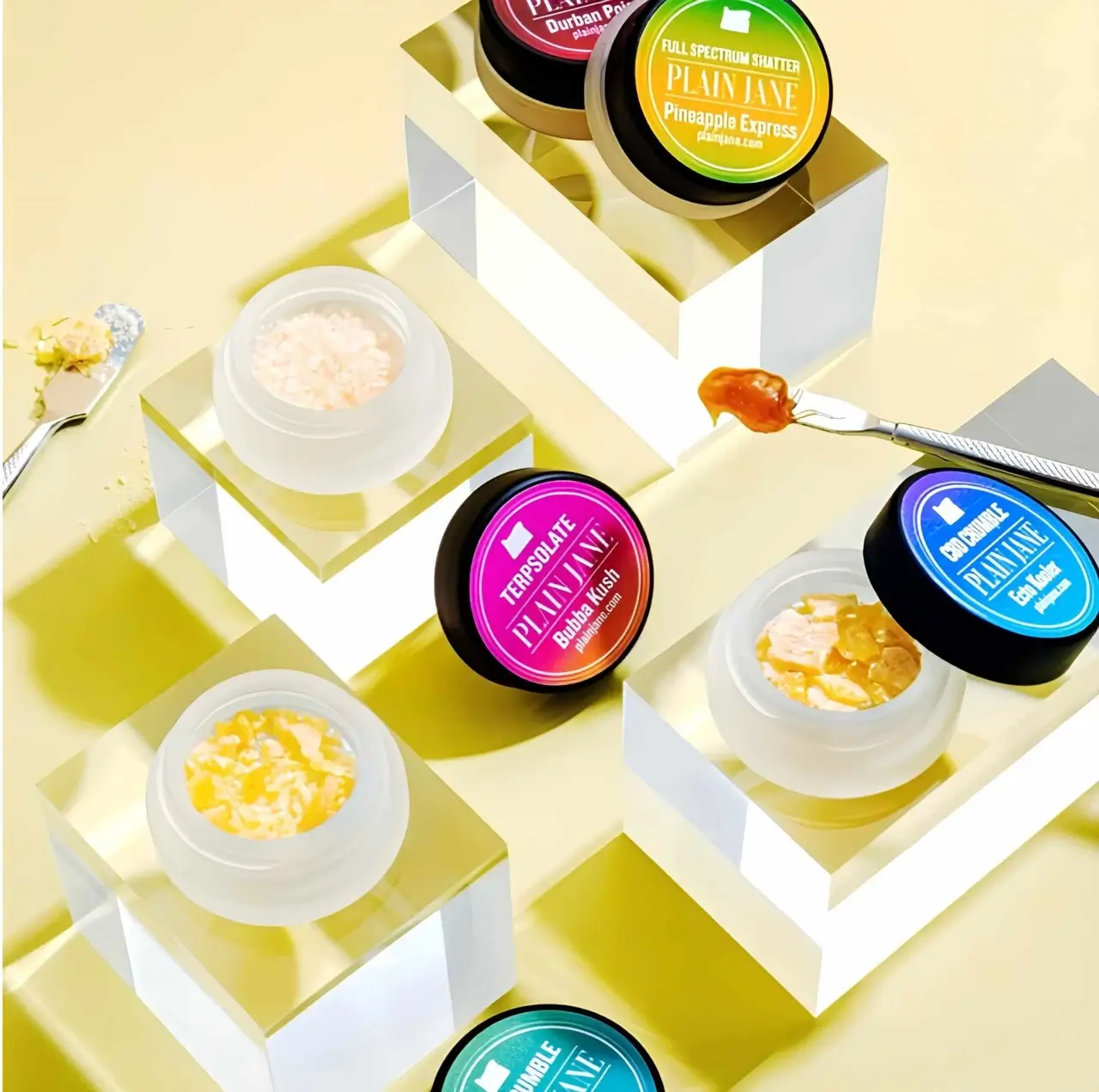
0 comments